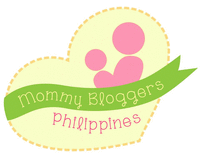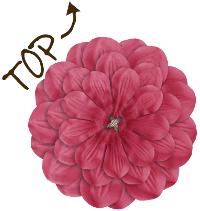According to webMd, Chicken Pox is caused by varicella zoster virus. It normally starts with flu-like symptoms (headache, decreased appetite, colds, sore throat and fever). It is highly contagious and most common in school children. An infected person shoud stay home until the rash is completely healed.
My eldest went home two weeks ago looking pale and tired than usual. He told me he was not feeling well and even asked if I could check his temperature since he seems feverish. I obliged and found some blisters that looks like peck marks of chicken on his torso. I immediately asked him to go far from his sister. We went to see a doctor and ask for treatment. Doctor said that the chicken pox itself will heal on its own and no medicine can make it go away faster. Like all viral infection, it will heal all by itself. He was only prescribed antihistamines for the itching and paracetamol for the fever. He was also advised to continue to drink his Vitamin C to boost his immune system and to drink more fluids especially water to keep himself hydrated.
So what do you do when your kids is downed with Chicken Pox (I hope not!)? But if ever, you may find the following handy.
- Contrary to what our Lolas do in the past, doctors instructs patients to take a bath, and it could be numerous baths in a day because it helps tone down the itch. Addition of finely ground oatmeal in your bath water can also help a lot.
- After taking a bath, pat dry the skin but DO NOT rub.
- To help relieve pain (from some of the blisters, especially those at the mouth are), you may take over-the-counter pain relievers.
- Doctors can also prescribe antihistamines for the itchiness.
- Take your Vitamin C supplement to boost your immune system.
- No matter how hard it is, try not to scratch. Scratching can cause skin cuts and you might develop bacterial infections from them.
- If you have other kids at home, isolate the infected kid or adult to avoid exposing the other kids to the virus.
- Antibiotics won't help so do not try to drink any.
- Since I am breastfeeding and had been able to see the wonders of breastmilk over skin rashes, I put on breastmilk on my son's scars, hoping it would easily lighten them.
A child can be vaccinated at the 12-15 months of age but for the vaccine to work they need to get a booster at age 4-6. My son had been vaccinated but we forgot to have him injected with the booster hence he still contacted the virus. To our dismay, even if he has been isolated, our daughter was still infected with it 2 weeks after our eldest does. I might need to pump more breastmilk so that I can constantly put some on my kids scars.







